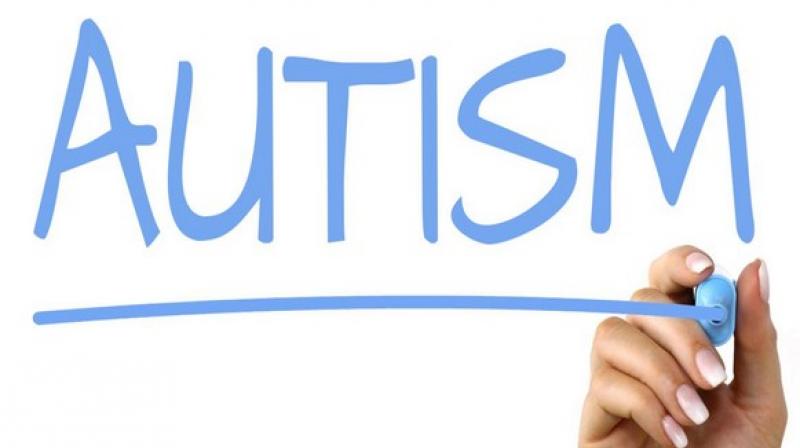Decrease in placental steroid can elevate risk of autism spectrum disorder

Washington: In a new study it has been found that allopregnanolone, one of many hormones produced by the placenta during pregnancy, is so essential to normal fetal brain development that the decrease in the supply can cause Autism.
A children's National Hospital research team reports the findings on Oct 20 at the Neuroscience 2019 annual meeting. Lead author, Claire-Marie Vacher, said, "To our knowledge, no other research team has studied how placental allopregnanolone (ALLO) contributes to brain development and long-term behaviours."
"Our study finds that targeted loss of ALLO in the womb leads to long-term structural alterations of the cerebellum - a brain region that is essential for motor coordination, balance and social cognition - and increases the risk of developing autism," added Vacher. According to the Centers for Disease Control and Prevention, about 1 in 10 infants is born preterm, before 37 weeks gestation; and 1 in 59 children has autism spectrum disorder.
In addition to presenting the research, on Monday, Oct. 21, Anna Penn, M.D., Ph.D., the abstract's senior author, will discuss the research with reporters during a Neuroscience 2019 news conference. This Children's National abstract is among 14,000 abstracts submitted for the meeting, the world's largest source of emerging news about brain science and health.
To investigate what happens when ALLO supplies are disrupted, a research team led by Children's National created a novel transgenic preclinical model in which they deleted a gene essential in ALLO synthesis. When the production of ALLO in the placentas of these experimental models declines, offspring had permanent neurodevelopmental changes in a sex- and region-specific manner. "From a structural perspective, the most pronounced cerebellar abnormalities appeared in the cerebellum's white matter," Vacher adds.
"We found the increased thickness of the myelin, a lipid-rich insulating layer that protects nerve fibres. From a behavioural perspective, male offspring whose ALLO supply was abruptly reduced exhibited increased repetitive behaviour and sociability deficits - two hallmarks in humans who have autism spectrum disorder."

